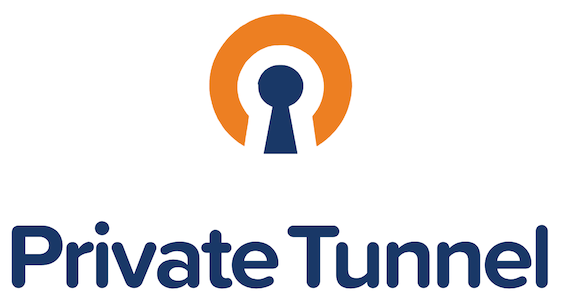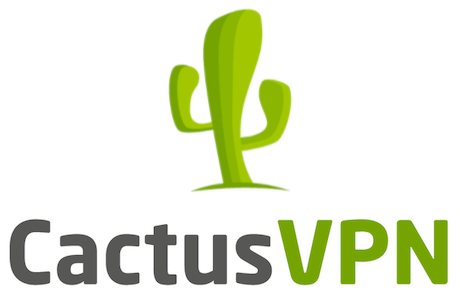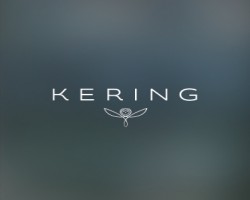Vegan Protein Sources for Muscle Growth
In recent years, the popularity of veganism has surged, with many individuals choosing plant-based diets for various reasons, including health, environmental concerns, and animal welfare. However, one concern that often arises for those pursuing a vegan lifestyle is how to obtain an adequate amount of protein, especially if they are looking to build muscle. Fortunately, there are numerous vegan protein sources that can help you meet your muscle-building goals. In this article, we will explore the best vegan protein sources and provide you with valuable insights on incorporating them into your diet effectively.
As more people embrace veganism, there is a growing need to find suitable protein sources to support muscle growth and overall health. Contrary to popular belief, it is entirely possible to build lean muscle on a vegan diet. In this article, we will guide you through the world of vegan protein and help you discover the best sources to incorporate into your daily meals.
Why Protein is Essential for Muscle Building
Protein is often referred to as the building block of muscles. When you engage in physical activities like weightlifting and resistance training, your muscles undergo stress and require protein to repair and grow stronger. Protein also plays a vital role in other bodily functions, such as enzyme production and immune system support.
Plant-Based Protein vs. Animal Protein
Before we delve into the top vegan protein sources, let's address a common misconception: that plant-based protein is inferior to animal protein. While animal sources are indeed complete proteins, meaning they contain all essential amino acids, many plant-based sources can be just as effective when combined strategically.
Top Vegan Protein Sources
Legumes
Legumes, including beans, lentils, and peas, are excellent sources of plant-based protein. They are versatile and can be incorporated into a variety of dishes like soups, salads, and stews.
Tofu and Tempeh
Tofu and tempeh are soy-based products that are rich in protein and can be used in both savory and sweet dishes. They are particularly popular among vegans for their versatility.
Seitan
Seitan, also known as wheat gluten, is another protein powerhouse. It has a meaty texture and can be used as a meat substitute in various recipes.
Quinoa
Quinoa is a complete protein, making it an excellent choice for vegans. It is also rich in fiber and various vitamins and minerals.
Nuts and Seeds
Almonds, peanuts, chia seeds, and hemp seeds are packed with protein. They make for nutritious snacks and can be added to smoothies and oatmeal.
Plant-Based Protein Powders
Plant-based protein powders, such as pea protein and rice protein, are convenient options for vegans who want to increase their protein intake quickly.
Edamame
Edamame, young soybeans, are not only delicious but also a great source of protein. They make a perfect snack or appetizer.
Lentils
Lentils are not only high in protein but also rich in iron and fiber. They cook quickly and can be added to a variety of dishes.
Chickpeas
Chickpeas, also known as garbanzo beans, are versatile legumes that can be used to make hummus, curries, and salads.
Spinach
Spinach is not only a source of protein but also a nutrient powerhouse. It can be used in salads, smoothies, and cooked dishes.
Hemp Seeds
Hemp seeds are small but mighty when it comes to protein content. They are also rich in omega-3 fatty acids and can be sprinkled on top of salads or yogurt.
Chia Seeds
Chia seeds are another superfood packed with protein, fiber, and healthy fats. They can be used to make chia pudding or added to drinks and oatmeal.
Spirulina
Spirulina is a blue-green algae that is incredibly nutrient-dense and offers a good amount of protein. It can be added to smoothies or taken as a supplement.
Nutritional Yeast
Nutritional yeast has a cheesy flavor and is often used to create vegan cheese sauces and seasonings. It is a complete protein and a source of vitamin B12.
Incorporating Vegan Protein into Your Diet
Now that you know the top vegan protein sources, let's discuss how to incorporate them into your diet effectively.
Meal Planning
Plan your meals to ensure you include a variety of protein sources throughout the day. This can help you meet your daily protein needs.
Vegan Protein Shakes
Consider adding vegan protein shakes to your diet, especially on days when you need an extra protein boost, such as post-workout.
Snack Ideas
Opt for protein-rich snacks like roasted chickpeas, mixed nuts, or protein bars to keep your energy levels stable throughout the day.
Balancing Macronutrients
In addition to protein, it's essential to maintain a balanced diet that includes carbohydrates, healthy fats, and a variety of fruits and vegetables to support overall health and fitness goals.
Benefits of Vegan Protein Sources
Choosing vegan protein sources not only helps build muscle but also offers additional benefits like improved heart health, lower cholesterol levels, and reduced environmental impact.
Potential Drawbacks and How to Overcome Them
Some vegan protein sources may lack certain nutrients like vitamin B12. To overcome this, consider taking supplements or fortified foods as needed.
Building muscle on a vegan diet is entirely achievable with the right knowledge and planning. By incorporating a variety of vegan protein sources into your meals and balancing your macronutrients, you can achieve your muscle-building goals while enjoying the many health benefits of a
FAQs
1. Can vegans get enough protein for muscle building?
Absolutely! Vegans can obtain sufficient protein for muscle building by including a variety of plant-based protein sources in their diet, as highlighted in this article. It's all about proper planning and understanding your nutritional needs.
2. Are plant-based protein sources as effective as animal-based sources for muscle growth?
Yes, plant-based protein sources can be just as effective as animal-based sources when combined strategically. By consuming a diverse range of plant proteins, vegans can meet their protein needs for muscle growth.
3. How can I make sure I'm getting all the essential amino acids on a vegan diet?
To ensure you get all essential amino acids, aim to include a variety of protein sources in your meals. Combining foods like legumes, grains, nuts, and seeds can provide a balanced amino acid profile.
4. Do vegan athletes need to take protein supplements?
While it's possible to meet protein needs through whole foods, some vegan athletes may choose to use protein supplements, especially for convenience or post-workout recovery. Consult a nutritionist for personalized advice.
5. What are some vegan-friendly sources of vitamin B12?
Vegans can obtain vitamin B12 from fortified foods like plant-based milk, breakfast cereals, and nutritional yeast. Additionally, B12 supplements are readily available and recommended for many vegans.
In conclusion, building muscle on a vegan diet is not only achievable but also offers numerous health benefits. By embracing the diverse world of plant-based protein sources and maintaining a balanced diet, you can reach your fitness goals while contributing to a more sustainable and compassionate world. Remember, a well-planned vegan diet can support not only your muscles but also your overall well-being.










 English (US) ·
English (US) ·